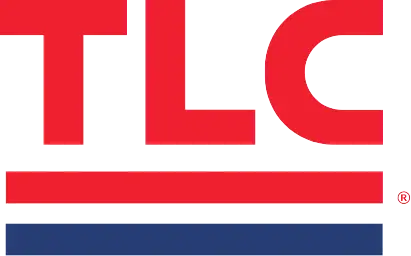(This blog post was updated November 2020 to reflect current information.)
It’s starting to get cold around here! The temperature has already dipped below freezing several times in Albuquerque (how about that snowstorm?) and even more in Santa Fe. Though this is good news for skiers, snowboarders, and wood sellers, it can be bad news for your home’s plumbing.
Here are the three most common winter plumbing disasters and how you can avoid them:
1. Pipes freeze and burst
Surface water freezes at 32°F, but it usually needs to be a little colder, around 20°F, to freeze the water in your pipes. This is a rule of thumb, not a law of science. Keep your eye on the temperature and when it drops, take the following steps.
Leave the faucet dripping
Water expands when it freezes and your pipes are more likely to burst if it there isn’t a place for that water to expand to. Leave your faucets on a slow drip. This does not stop the water from freezing, but it gives it room to expand without breaking your pipes.
Keep your pipes warm and insulated
You put a jacket on yourself, the kids, and the dog, but what about your pipes? Keeping your pipes warm with pipe sleeves, heat tape, heat reflector lamps, or cables designed to prevent freezing can help keep everything warm. You can purchase these items at your local home improvement store or contact a professional to help you.
How to tell if a pipe has burst
There is usually a splashing, hissing or thumping noise associated with a burst pipe. You might also notice a strange odor in an unusual area of the house. This could be a sign of water damage. Inconsistent water pressure is another sign that something is wrong. If you notice one or more of these, shut off the water to the house and call your plumbing professional immediately!
Find your water shutoff valve
If you suspect a burst pipe, turn your water off immediately! This will help minimize water damage if the break is inside the house. If you don’t know where your shut off valve is, it’s important to find it so you can shut off quickly in an emergency. We recommend that you always shut off the water and drain your pipes if you are going on vacation. If you’re out of town and a pipe bursts, you are not only looking at severe water damage, but a high water utility bill as well.
Watch our video on how to find your Main Water Supply Shutoff. TLC’s licensed plumbers can also help you locate your shutoff if you have trouble finding it.
2. Frozen outdoor faucets
Your outdoor faucets, also known as spigots or hose bibs, can freeze just as easily as your pipes. Sometimes the damage goes unnoticed until spring. If left unattended until then, major water damage can occur when you start using the spigots in spring.
Luckily, it is really easy to winterize your outdoor spigots. Learn How to Prevent a Frozen Outdoor Faucet here.
3. Drain backups due to food and grease in the drains
You might not consider this a “winter” problem, but you would be surprised. The cold weather makes it tempting to simply dump grease down the drain instead of taking it to the trash. This damages the pipes, which is even harder to fix in the winter.
The problem is that fats, grease, and food build up on the inside of your drains. Even a garbage disposal doesn’t change this fact. A garbage disposal simply cuts food into smaller chunks. It doesn’t liquefy food and grease. Smaller chunks can build up just as easily as the larger ones. Over time, this build up can lead to clogged drains and major repairs.
No matter what time of year it is, make sure to throw lard, meat fats, food scraps, cooking oils, shortening, baking goods, dairy products, and butter into the trash or compost outside. Your drains and your budget will thank you.
What’s the bottom line?
A winter plumbing disaster very inconvenient. By properly winterizing your home, you can avoid these problems. Enjoy your winter without worrying about your pipes!
See more winterizing tips here.
Questions about winter plumbing problems? Ask a Pro today or contact TLC Plumbing, Heating, Cooling & Electrical.


